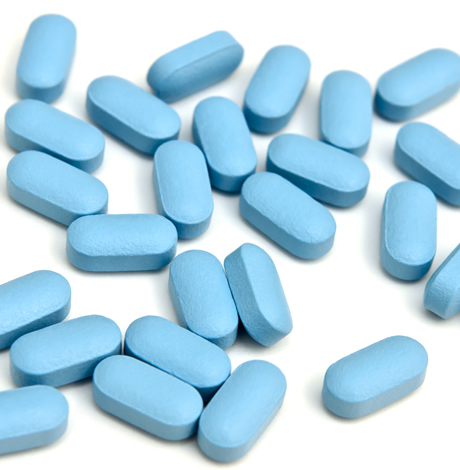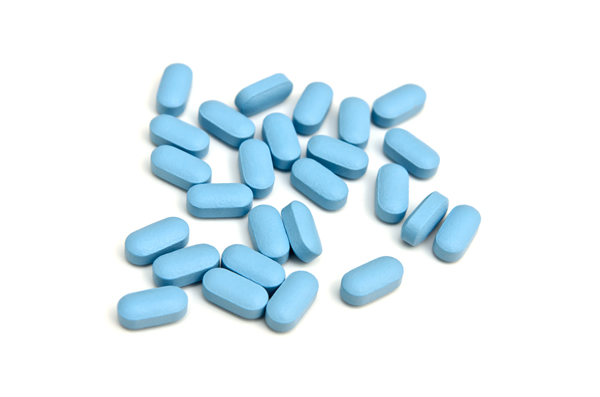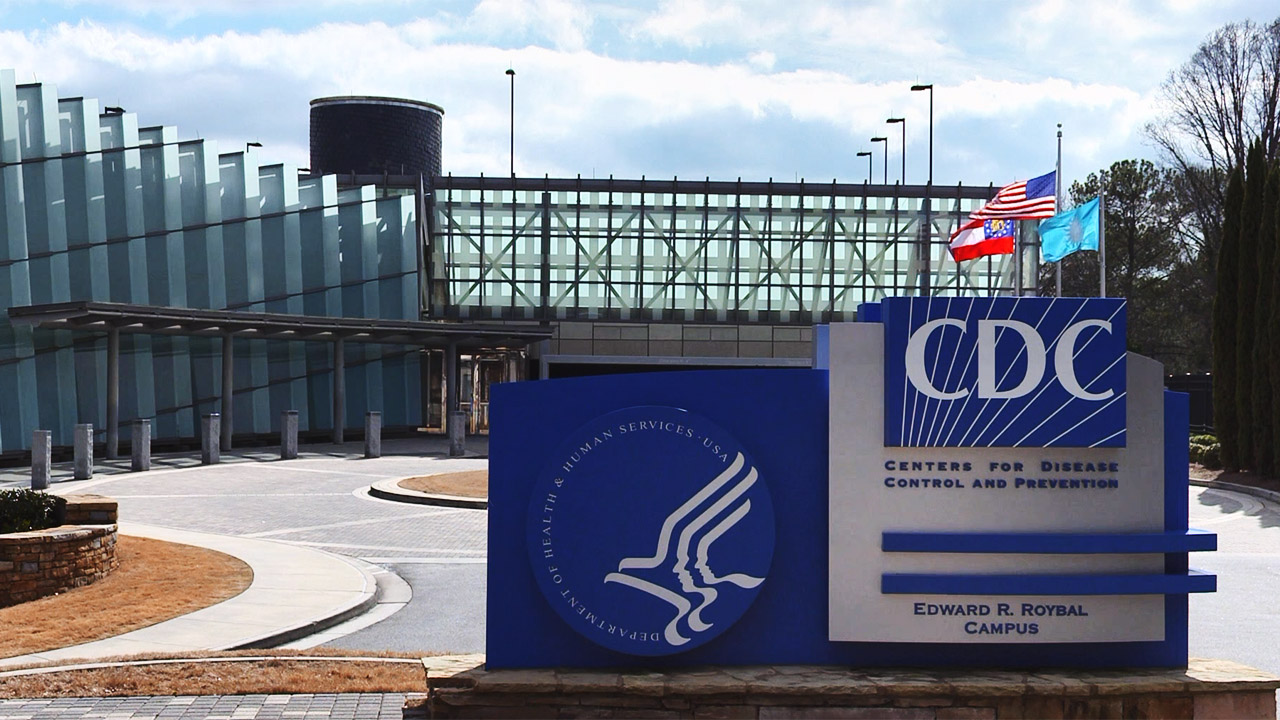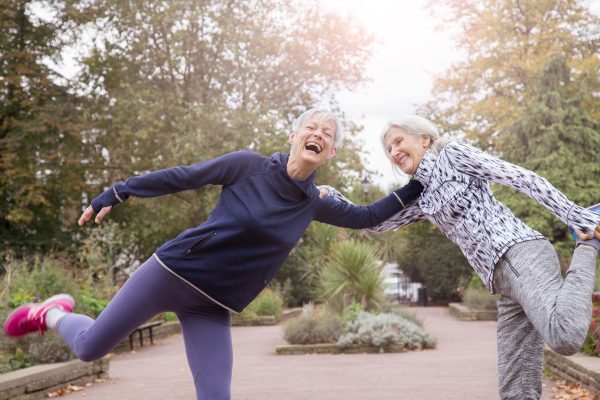Health
PrEP safe for gay male teens: study
3 who tested positive reported adherence lags

 LONDON — PrEP is safe for gay teens according to a new study, Reuters reports.
LONDON — PrEP is safe for gay teens according to a new study, Reuters reports.
“I do hope clinicians increase their comfort with being able to provide PrEP to adolescents,” said lead author Sybil Hosek, a clinical psychologist and HIV researcher at Cook County Health and Hospitals System’s Stroger Hospital in Chicago.
She hopes the new data will be submitted to the U.S. Food and Drug Administration (FDA) and will encourage the agency to approve the pill for use by younger people. The pill is currently approved for HIV prevention in adults.
The drug was first approved by the FDA in 2012 as Truvada, which was marketed by Gilead. Trials found that the drug reduced the risk of HIV infection by about 90 percent.
But little evidence was collected on its use among gay and bisexual adolescent males, who are among those most at risk for HIV infection.
For the study, researchers enrolled 78 gay and bisexual young men, ages 15 to 17, from six U.S. cities. The participants all tested negative for HIV at the start of the study, but were at high risk for an infection, Reuters reports.
Participants received a counseling session about HIV risk, plus access to daily doses of PrEP for the next 48 weeks.
Overall, 47 participants completed the study. Only three adverse events occurred that were possibly related to PrEP, the researchers found.
“I think the safety piece is important,” Hosek told Reuters Health. “It was well tolerated. We didn’t see many complaints about side effects. We did not see many adverse events.”
The researchers also didn’t find an increase in sexually risky behaviors over the study period, Reuters reports.
Three young men did become infected with HIV, however. Blood samples suggest they were taking less than two doses of PrEP each week at the time of infection, Reuters reports.
The rate of HIV infection in the study was 6.4 cases per 100 people per year, which is about twice as high as the rate seen among men ages 18 to 22 years enrolled in a similar trial, the researchers write in JAMA Pediatrics.
“I shudder to think what the (HIV infection) rate would be if we didn’t offer PrEP,” Reuters quoted Hosek as having said.
She said the high rate of HIV infections is likely due to poor adherence. While more than 95 percent of the young men had evidence of the preventive medication in their blood during the first 12 weeks of the study, by week 48 only about 15 percent of participants had detectible levels of the drug, Reuters reports.
Low adherence to medications is a common problem with adolescents, said Hosek.
Dr. Renata Arrington-Sanders writes in an editorial accompanying the new study that making PrEP a success among gay and bisexual adolescents will require effort.
“This work suggests that adolescents may require additional visits than what is currently recommended by national guidelines and suggests a need for multiple team members to address structural barriers to accessing PrEP, assist with youths’ interpretation of HIV risk, and support self-efficacy to swallow and adhere to medications,” writes Arrington-Sanders, of Johns Hopkins University in Baltimore.
Health
UNAIDS to commemorate Zero Discrimination Day’s 10th anniversary
UN agency urges global action to protect human rights

As the world marks the 10th anniversary of Zero Discrimination Day; UNAIDS is sounding the alarm on the increasing threats to human rights, calling for renewed efforts to protect the rights of all individuals as a fundamental step towards ensuring health for everyone.
Established by UNAIDS a decade ago, Zero Discrimination Day aims to promote equality and fairness regardless of gender, age, sexuality, ethnicity or HIV status. The progress achieved over the past years is now in jeopardy, however, due to rising attacks on the rights of women, LGBTQ people and other marginalized communities.
UNAIDS Executive Director Winnie Byanyima emphasized the critical link between protecting human rights and safeguarding public health.
“The attacks on rights are a threat to freedom and democracy and are harmful to health,” she said in a press release. “Stigma and discrimination obstruct HIV prevention, testing, treatment and care and hold back progress towards ending AIDS by 2030. It is only by protecting everyone’s rights that we can protect everyone’s health.”
Despite challenges, there has been notable progress.
At the onset of the AIDS pandemic more than 40 years ago, two-thirds of countries criminalized consensual same-sex sexual relations. They are now decriminalized in two-thirds of countries. An additional 38 countries around the world have pledged to end HIV-related stigma and discrimination, contributing to positive changes that include 50 million more girls attending school compared to 2015.
To sustain and enhance these advancements; UNAIDS urges global support for women’s rights movements, LGBTQ rights, racial justice, economic justice, climate justice and peace initiatives. By standing with communities advocating for their rights, the U.N. aims to reinforce the collective effort towards a more inclusive and equitable world.
Zero Discrimination Day is observed on March 1.
Events and activities that will take place around the world throughout the month will serve as reminders of the essential lesson and call to action: Protecting everyone’s health is synonymous with protecting everyone’s rights.
“Through upholding rights for all, we will be able to achieve the Sustainable Development Goals and secure a safer, fairer, kinder and happier world — for everyone,” said Byanyima.
Health
New CDC report finds transgender women at higher risk for HIV
More than 1,600 people in seven cities surveyed

The Centers for Disease Control and Prevention issued a new study report this week that revealed that restricted by employment and housing discrimination and lack of access to needed gender-affirming healthcare for transgender women increasing the risk of contracting HIV.
Researchers reviewed data from a 2019-2020 survey, the National HIV Behavioral Surveillance Among Transgender Women, which found that the demographics of HIV/AIDS have been disproportionally high, especially among Black and Latina trans women, who had experienced employment and housing discrimination coupled with lack of access to gender-affirming healthcare.
The Jan. 25 Morbidity and Mortality Weekly Report was based on data studies of more than 1,600 trans women in seven major urban locales. Participants from Atlanta, Los Angeles, New Orleans, New York, Philadelphia, San Francisco and Seattle were chosen by referrals from people and community-based organizations who knew or were part of the local population of trans women.
The study’s researchers noted: “Employment discrimination occurs at the overlapping nexus of poverty, homelessness, incarceration, health insurance, disability, food insecurity and survival sex work. These issues are interconnected.”
The study stated that trans women’s inability to access quality healthcare, including gender-affirming treatment or access to PrEP, and can expose them to potential incarceration as many turn to “survival sex work” and violence, which increases the risk of contracting HIV.
The study’s author’s pointed out: “When economically marginalized transgender women are refused employment, this refusal cyclically contributes to economic hardships. This analysis …demonstrates the importance of transgender women working and living with dignity and without fear of unfair treatment.”
Health
A Whole New Perspective on Well-Being
The Mather’s team recognizes that everyone’s wellness journey is completely unique to their life experiences and influences.

It’s easy to spot the distinctive, elegant silhouette of The Mather, a Life Plan Community for those 62+ opening this spring in Tysons, Virginia. What is not apparent to the naked eye is The Mather’s unique wellness philosophy, which is literally built into the community.
The Mather’s team recognizes that everyone’s wellness journey is completely unique to their life experiences and influences.
Nature is one of the important factors that contribute to well-being. So The Mather is incorporating biophilic design—a design approach to facilitate access to nature or things that replicate natural patterns. This can include interior spaces with sightlines to a garden, choosing natural wood and stone as interior materials, or incorporating fragrant flowers and plants indoors to spark memories and provide tactile opportunities such as gardening.

“Providing biophilic design within interior settings connects residents to the natural world,” says Mary Leary, CEO and President of Mather, the organization behind The Mather. “Research shows that a connection to nature provides positive benefits to mental states and overall well-being. At The Mather, biophilic design is the intersection of buildings and programs with nature in an urban setting.”
“The Mather is attracting a diverse group of older adults,” says Mary. “As a result, we aim to incorporate wellness practices from around the world, including Wyda movement theory of the Celtic Druids, which helps people achieve harmony with nature and contentment through mindfulness.” This holistic regenerative approach is similar to Qi Gong and yoga, while born in a different part of the world. Mather Institute has a special focus on mindfulness to support older adults’ practice of present moment awareness, which can lead to increased overall well-being, compassion, and joy.
A very different example of a wellness offering at The Mather is the Gharieni Welnamis spa wave bed, which uses computer-controlled vibrational therapy and audio frequencies to train the brain to relax. “The bed increases mindfulness, concentration, and creativity—all of which support our mission of creating Ways to Age Well,SM” says Mary.
These and other personalized ways to wellness will ensure that residents of The Mather can choose from seemingly countless ways to focus on their well-being. In other words, the sky’s the limit!




















